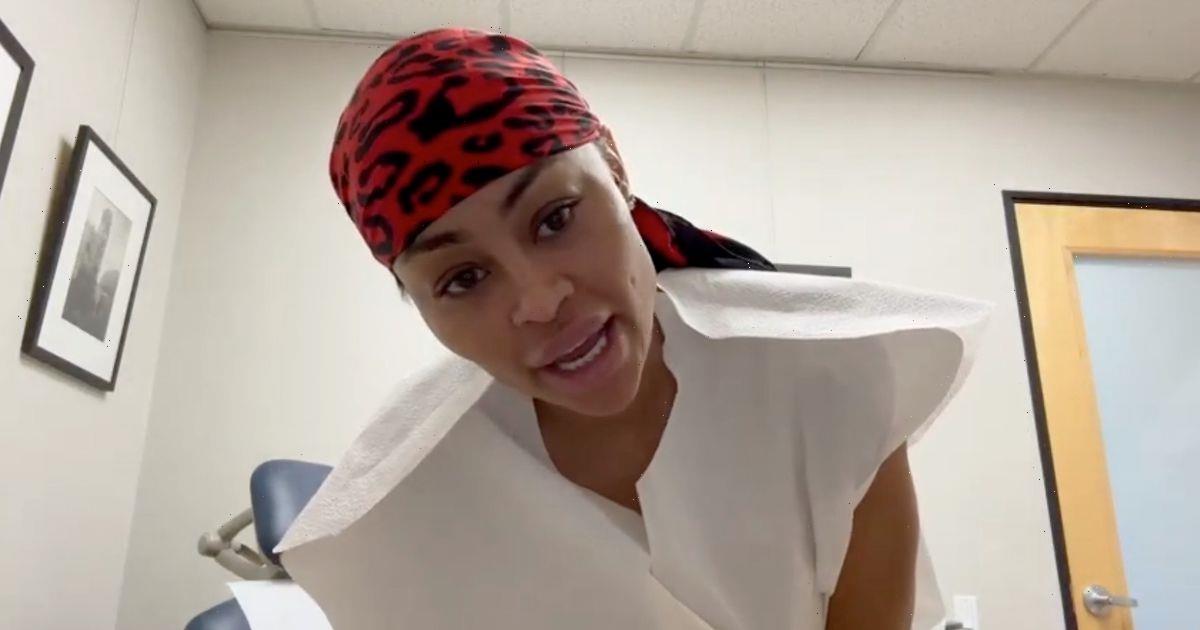Long-term effects of having had Covid-19 could include failing to recognise faces of friends and family, a new study has found.
The worrying new claims come from experts at Ivy League university Dartmouth College, US, who worked with a 28-year-old woman called Annie – not her real name – who contracted the virus at the start of the pandemic in March, 2020.
She claimed, along with 50 other patients surveyed, that she was having a hard time identifying faces since first becoming ill.
READ MORE: UK beach branded 'worst place on earth' with visitors warned to 'stay away'
Annie actually suffered what the experts called a “symptom relapse” two months after first contracting Covid.
She said: “It was as if my dad's voice came out of a stranger's face.”
The exact terminology for this is called “prosopagnosia”, which is also known as face blindness or facial agnosia.
Annie also claimed to have suffered issues with navigation and remembering where certain items – such as her car – were left.
Brad Duchaine, a professor of psychological and brain sciences and principal investigator of the Social Perception Lab at Dartmouth said, in the study published in Cortex : “The combination of prosopagnosia and navigational deficits that Annie had is something that caught our attention because the two deficits often go hand in hand after somebody either has had brain damage or developmental deficits.
Woman loses both her legs and has hands turn black after having 'flu-like symptoms'
“That co-occurrence is probably due to the two abilities depending on neighbouring brain regions in the temporal lobe.”
Annie was put through rigorous testing, one of which involved being shown 48 famous faces.
Normally, members of the public can identify 84% of them, but Annie could only figure out 29%.
'My newborn 12lb baby is size of toddler – with head as big as a melon'
Mr Duchaine added: “It's been known that there are broad cognitive problems that can be caused by COVID-19, but here we're seeing severe and highly selective problems in Annie, and that suggests there might be a lot of other people who have quite severe and selective deficits following COVID.
“As far as we know, nobody's measured the sorts of high level, visual processing abilities that are affected by COVID-19 that we focused on, so if it's happening in the visual system, it's likely that selective deficits due to problems in other brain areas are occurring in some people as well."
To get more stories from Daily Star delivered straight to your inbox sign up to one of our free newsletters here.
READ NEXT:
- For more of the latest news from the world of the Daily Star, check out our homepage
WWE 2K23 review: A new must-have undisputed king of wrestling games has emerged
UK beach branded 'worst place on earth' with visitors warned to 'stay away'
'Chinese sperm factory' clip shows naked men lying on beds – but truth is even weirder
China just days away from launching mysterious 'unknown payload' into space
Source: Read Full Article







